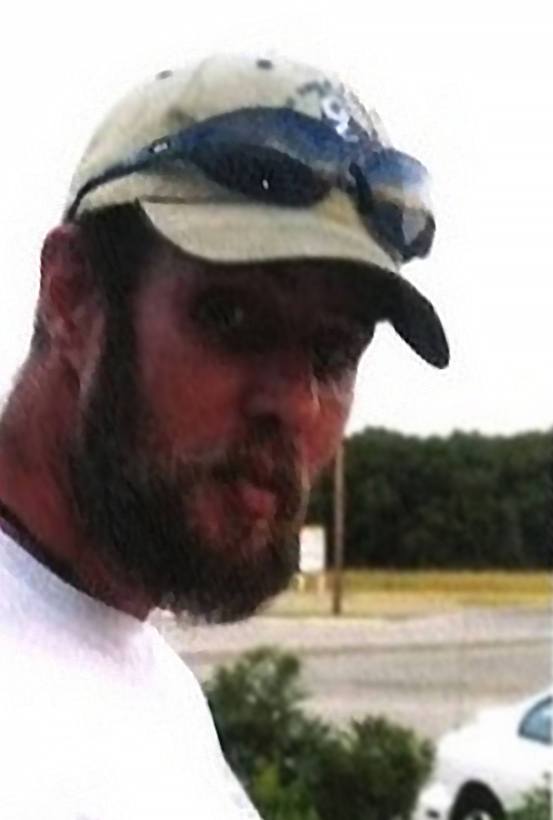There’s little doubt about how Hirschell Fletcher died. Homeless on the streets of Dallas, Texas, Fletcher was assaulted, robbed, and beaten in the head. Bystanders called for help, and paramedics Kyle Clark and Brad Cox responded. But Clark and Cox didn’t help Fletcher.
They ridiculed him.

Body camera footage shows Clark and Cox laughing at Fletcher for upwards of 15 minutes. Fletcher was bleeding from his forehead and begging for help. Instead of providing medical attention, the paramedics turned Fletcher over to police to be arrested for public intoxication. Fletcher wasn’t drunk, and no assessment of his sobriety was ever made. He died alone in a jail cell, two hours after the assault occurred.
Both paramedics attempted to claim they never met Fletcher. That failed, spawning a criminal prosecution for falsifying documents. The men managed to sneak by with a slap on the wrist: two years of probation. But they could still be liable in civil court. Fletcher’s family has sued Clark and Cox for denying Hirschell medical treatment, a fact they can no longer easily deny.
Legal documents obtained by Cato Institute reveal Clark and Cox have found a new strategy to escape accountability for Fletcher’s death: qualified immunity. The defense, if accepted by Federal District Court Judge Ada Brown, would prevent the case from ever going to trial.
“In that plaintiff cannot meet their burden to defeat Clark and Cox’s defense of qualified immunity, Clark and Cox are entitled to dismissal of each of the Plaintiff’s claims against them with prejudice,” the men say in their brief for dismissal. Attorneys for Fletcher’s estate have vigorously contested the errant paramedics’ attempt to evade trial. Judge Brown has not yet ruled on the motion, but a decision is expected in the coming months.
Police abuses enabled by qualified immunity often make headlines, but the needless death of Hirschell Fletcher is a stark reminder that the doctrine is available as a defense to all public officials who violate people’s rights. Fletcher deserved paramedics who take their oath seriously, and America deserves public servants who are held to higher standard. It’s time for qualified immunity to go.
Jude Joanis contributed research for this piece.